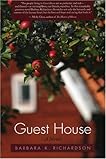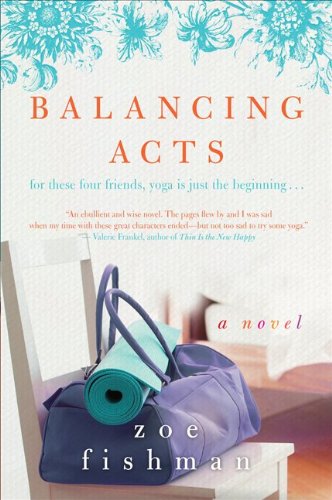 Revolutionary Road by Richard Yates
Revolutionary Road by Richard Yates1961, 463 pages
I've let this go too long before reviewing it and can't come up with a good summary, so I'm going to cheat this time and use the blurb from the back of the book:
In the hopeful 1950s, Frank and april Wheeler seem to be a model couple: bright, beautiful, talented, with two young children and a starter home in the suburbs. Perhaps they married too young and started a family too early. Maybe Frank's job is dull. And April never did see herself as a housewife. Yet they have always lived on the assumption that greatness is only just around the corner. But now that certainty is about to crumble.I decided I wanted to read something by Richard Yates after Rachel at Book Snob reviewed several of his books earlier this year. I picked Revolutionary Road because I've seen the movie, and I like reading the books movies are based on. When my copy arrived via bookmooch I was a little daunted, both because Yates' books are supposed to be pretty heavy and because my copy is pretty thick.
Once I picked the book up, it proved to be a really quick read because of Yates' great writing, the strong characterization, and the compelling plot. The writing drew me in and I was completely engrossed, despite the fact that I knew where the story was going from seeing the movie. I don't know if this makes any sense, but the writing sort of reminded me of John Steinbeck (one of my favorite authors) -- the way Yates intersperses descriptions of aspects of the time, the tone of the book, and the way he handles his subject matter. Here's an example of what I mean:
How small and neat and comically serious the other men looked, with their gray-flecked crew cuts and their button-down collars and their brisk little hurrying feet! There were endless desperate swarms of them, hurrying through the station and the streets, and an hour from now they would all be still. The waiting midtown office buildings would swallow them up and contain them, so that to stand in one tower looking across the canyon to another would be to inspect a great silent insectarium displaying hundreds of tiny pink men in white shirts, forever shifting papers and frowning into telephones, acting out their passionate little dumb show under the supreme indifference of the rolling spring clouds. (p164)I really liked Yates' writing style. I enjoyed his descriptions, as I mentioned above, but also the tone and the characters felt very realistic. Yates really shows how the characters operate as the reader observes the disintegration of Frank and April's marriage. Although at times the characters are portrayed ironically, at the same time there were aspects that were sympathetic. Here's one excerpt that I really identified with:
I still had this idea that there was a whole world of marvelous golden people somewhere, [...] people who knew everything instinctively, who made their lives work without even trying, who never had to make the best of a bad job because it never occurred to them to do anything less than perfectly the first time. Sort of heroic superpeople, all of them beautiful and witty and calm and kind, and I always imagined that when I did find them I'd suddenly know that I belonged among them, that I was one of them, that I'd been meant to be one of them all along, and everything in the meantime had been a mistake; and they'd know it too. I'd be like the ugly duckling among the swans. (p353)The subject matter, obviously, is not exactly cheerful. The book follows Frank and April as they plan to move to Paris, where April will work in order to give Frank a chance to find what he was really meant to do, and as these plans fall apart. Yates really takes us into the minds of the characters - how Frank and April hold themselves above their surroundings, how their neighbors react to their unconventional plan to move to Paris, etc. Here's an example from Frank's point of view that really shows the attitude of Frank and April at the beginning of the book:
It simply wasn't worth feeling bad about. Intelligent, thinking people could take things like this in their stride, just as they the larger absurdities of deadly dull jobs in the city and deadly dull homes in the suburbs. Economic circumstance might force you to live in this environment, but the important thing was to keep from being contaminated. The important thing, always, was to remember who you were. (p27)I feel like I'm not really doing this book justice. It is by no means a light read, but it is wonderfully written and compelling. I'd recommend it to anyone looking for a great work of literary fiction to read, and definitely plan on picking up something else by Yates soon (or as soon as my TBR pile slims down a bit...).
[...] if you wanted to do something absolutely honest, something true, it always turned out to be a thing that had to be done alone. (p426)






























